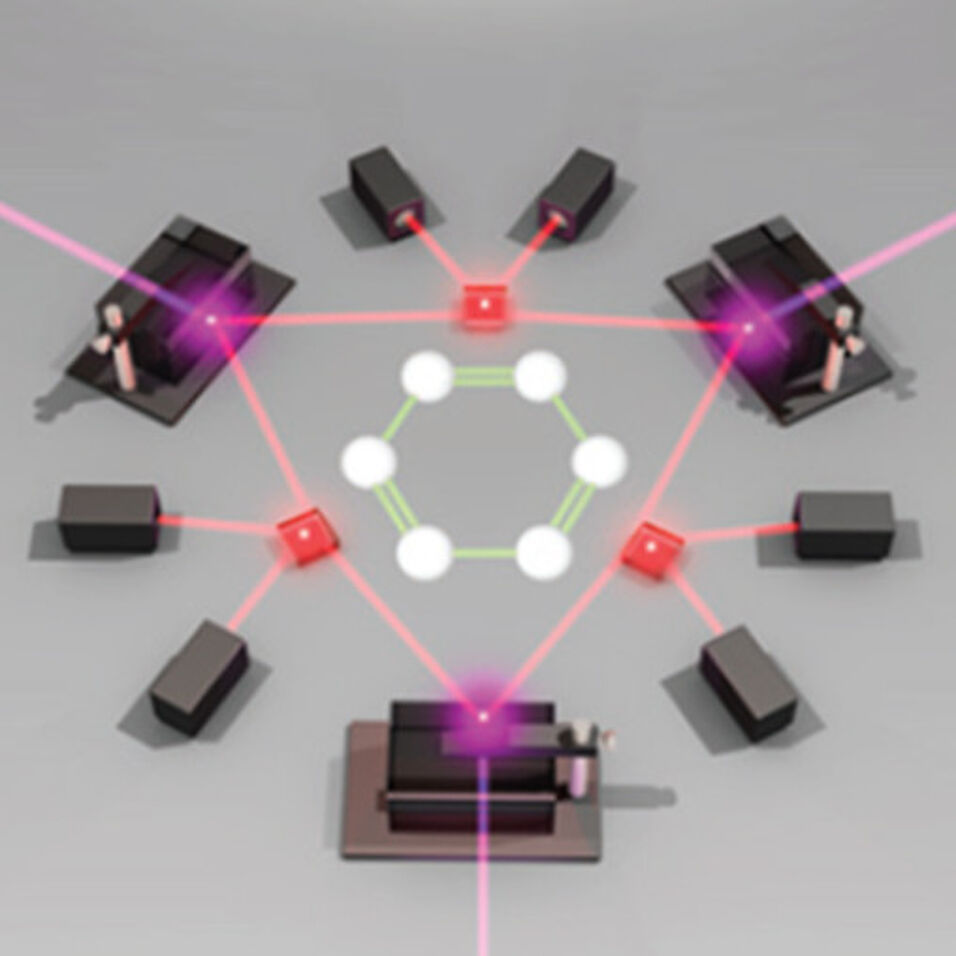3.2 million Euros for an international consortium to develop a quantum simulator of the future. This is the amount that the European Commission has allocated for the financing of EPIQUS, a multi-consortium project that is part of the Horizon 2020 FET - Future Emerging Technologies initiative.
EPIQUS, acronym for “Electronic-photonic integrated quantum simulator platform”, has the ambition to develop a new generation of quantum simulators, consisting of a chip-sized device, fully integrated, operating at room temperature and with scalable power, being able to support many parallel devices. These characteristics are revolutionary compared to the solutions available on the quantum market today: for example, current devices are based on superconducting qubits (the fundamental unit of quantum information) and operate at temperatures close to absolute zero (-273oC). The fields of application are vast and range from the world of fundamental research to that of industry.
Quantum simulators are devices capable of creating quantum states corresponding to those of complex systems being tested such as chemical reactions or complex properties of atomic and molecular atomic systems. Currently there are quantum simulators able to partially carry out such operations, but they are large in size, operate at temperatures close to absolute zero, consist of several components that are only partially integrable and cannot be reduced in size, therefore are difficult to scale in power.
“EPIQUS aims to exploit the advantages of optical systems for overcoming some of these challenges”, says Philip Walther from the University of Vienna. Coordinated by the Bruno Kessler Foundation this project promises radically new quantum photonics technology where all parts are integrated on a single silicon chip of the size as small as a 1-Euro-Cent coin.This will be made possible by combining the complementary expertise of seven academic research groups including Bruno Kessler (Italy), the University of Trento (Italy), the University of the Basque Country (Spain), the University of Vienna (Austria), the Technische Universität Wien (Austria), the University of Rostock (Germany), the Electronics and Telecommunications Research Institute (South Korea) and by having also the industrial partner LFoundry (Italy).

